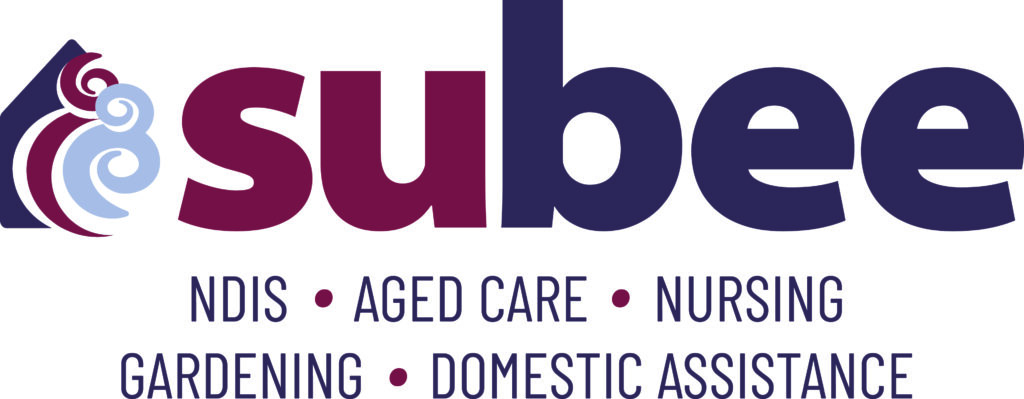Shingles can severely affect older Australians. There have been alerts about vaccinating older Australians against high profile winter hazards such as influenza, but shingles is a common but lesser known disease which should also be considered preventable.
The Department of Health says shingles, or herpes zoster, usually affects older people – and the older you are if you get shingles, the higher your risk of being seriously affected.
Anyone who has had chickenpox is at risk of getting shingles later in life. About one in three people who have not been immunised against chickenpox or shingles will get shingles at some time.
The Department of Health says shingles, caused by a reactivation of the chickenpox virus, causes a painful localised blistering rash on any part of the body skin. Most elderly Australians have had chickenpox as children, or as parents of children, before the era of chickenpox vaccine. Hence they are at risk of reactivation of the virus to form shingles. It is described as a serious disease because it can cause severe nerve pain that can last for months and even years. This has a great impact on quality of life.
Shingles in its early stage is contagious and so also has implications for carers.
It can also lead to:
- serious eye problems, including blindness
- pneumonia
- hearing problems
- swelling of the brain, or
- death.
Shingles immunisation development is relatively recent and is currently recommended for:
- adults aged 70 years to 79 years, free under the National Immunisation Program (NIP)
- adults aged 60 to 69 years
- adults 80 years and older, and
- adults aged 50 or over who live in the same household as someone who has a weakened immune system.
More information about shingles is here.
